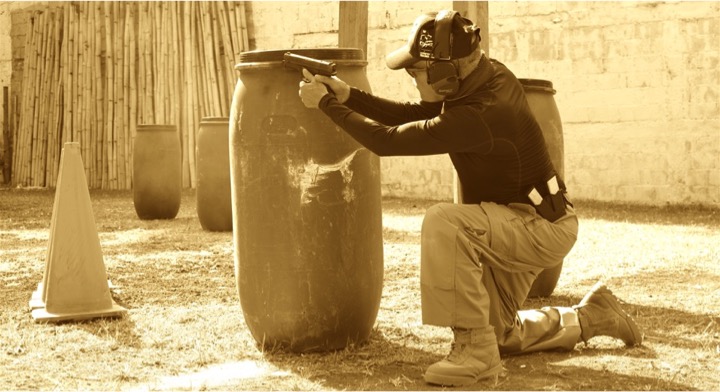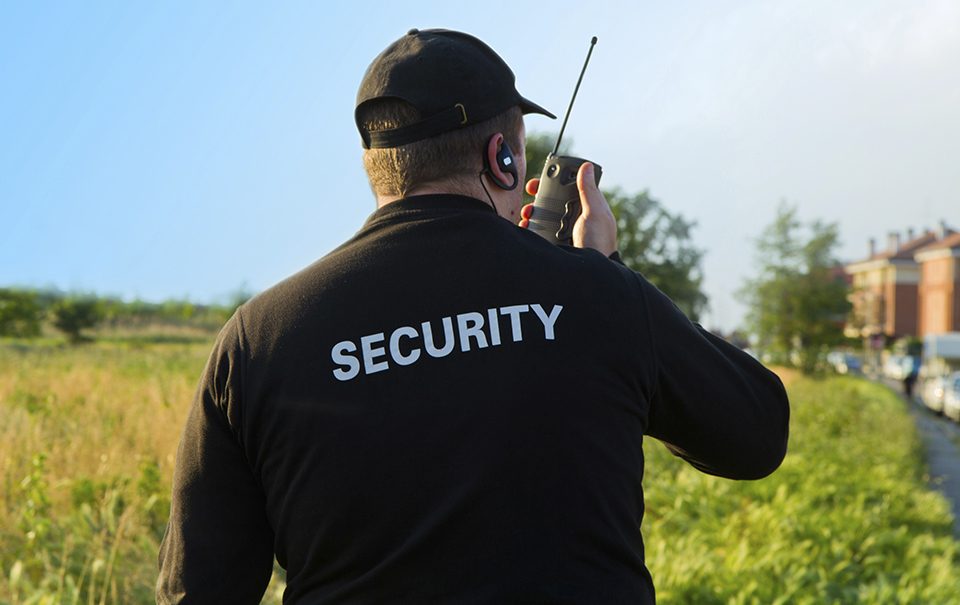Reality is not Comfortable or Simple
By Cecilio Andrade
The five old questions, what?, why?, when?, how?, where?, will give us much information and hundreds of possible answers to face the cold and insensitive reality. But what happens when the answers vary from one tenth of a second to the next? The questions remain the same, but the answers do not.
We can obtain hundreds, even thousands, of specific answers. Can we fulfill and process all of them? Most likely no and then, we will not return to our loved ones at the end of the day, do not forget that.
We cannot train every possible situation. But we can train the skills necessary to be able to respond in each of the situations. We do not plan with an answer sheet, but with a homogenous and flexible set of skills and abilities. There is the radical difference of planning; we do not plan sequential lines, but different routes with shortcuts between points.
Given any given scenario, our response will depend on thousands of situational issues that we cannot influence, we can only influence and control the fundamental skills that we possess. Movement, communication, pistol draw, proper grip and manipulation of the weapon, use of cover and concealment, etc. Our “plan” must generate adaptable responses, not immovable and rigid responses. We must look for “autopilot” type responses, and these should be flexible and adaptable.
Thinking about responding is not being able to respond. Why? Simply because we don´t get our answers in time. Changing our approach and planning immediate and flexible responses, based on what we control, that is, our capabilities, and ourselves will expand the “window” of probabilities of survival.
“My abilities? I change magazines in 1.8 “without looking and solve a stoppage in 1.5”. I am very fast.” Does it sound familiar? I hear it countless times, and you surely do too. It is easy to plan answers based on our skills in tranquil (secure) conditions, or worse and more common, videos that we post or see on YouTube. In reality we will have to remove a clothing garment to be able to grip the weapon, or wear a belt full of equipment inside a crowded vehicle, remove the jacket that hides our spare magazines, look to know why our gun does not fire, analyze what should I do, and all this under stress, one or several hostile adversaries in front, not forgetting all the problems that Colonel Boyd’s OODA (Observe Orient Decide Act) principle showed us.
Do I complicate things? I regret that the reality is not as friendly as we would like. After all the above, now add to the situation one more factor, the so repeated stress and its neurophysiological effects.
With all this equation, with so many variables, we discover that planning, and intending to develop such a plan in an orderly, complete, conscious and detailed manner when the actual situation comes, will make us slow in reacting.
We must train under pressure to polish skills and procedures, aggressiveness, determination, mobility, ability to communicate, analysis of the environment, effective use of our weapon, decide almost instantly, among a multitude of other issues. But above all we must be aware of shortcuts that exist in order to always win, cheating if you prefer calling it. Look for shortcuts during all your training sessions, so that you know how to utilize them in order to win, no matter what happens when it happens. “Cheating” does not imply being a hit man; it involves using any procedure that allows us to win the initiative even though our actions are reactions to the actions of our adversaries. Don´t you think?
The “bad guys” will never play with our rules unless they entail an advantage for them. So think that the only “just fight” is the one in which we will be able to return home to our loved ones.
Plan aggressiveness, speed, fluency, alertness to detail, fast decision, be cold when survival is the prize, generate surprise instead of being surprised. Do not plan where to put the right foot in each case, but how to put it in any situation.


